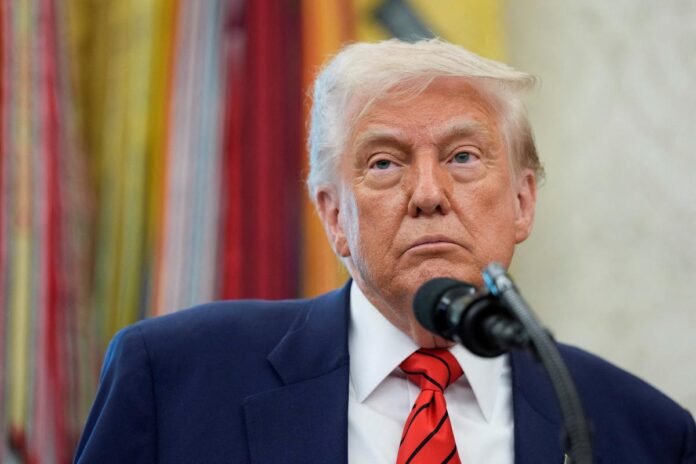The Comey indictment has stirred fierce debate about justice and presidential influence, with critics warning it sets a dangerous precedent. The case against former FBI Director James Comey appears tied to political pressure, raising alarms over executive power and legal independence.
The indictment charges Comey with obstructing a congressional proceeding and making false statements during 2020 testimony on leaks and FBI affairs. However, the charges avoid any reference to intelligence issues or the Russia investigation.
The case’s timing has fueled criticism. Trump pushed the Justice Department to act, replacing a reluctant U.S. attorney with a loyalist lacking prosecutorial experience. Legal observers worry this undermines prosecutorial independence and erodes established norms.
Only 14 of 23 grand jurors voted for charges, and just one prosecutor signed the two-page indictment. Analysts say this narrow margin reflects hesitation about the case’s strength. Critics argue Trump’s public lobbying complicates the fairness of any trial.
Former U.S. attorney Barbara McQuade called replacing prosecutors over decisions a major threat to autonomy. Likewise, ex-DOJ inspector general Michael Bromwich warned the move signals a dangerous “new ethos” where political directives shape prosecutions.
Comey denied wrongdoing and voiced concern for the Department of Justice’s independence. He requested a trial and expressed confidence in the courts despite political pressure.
Both Democrats and some Republicans condemned the indictment, describing it as overt politicization of justice. They fear the case could weaken trust in federal enforcement and transform the DOJ into a political tool.
Looking ahead, defense attorneys may seek dismissal, citing selective prosecution and Trump’s public pressure. Judges must weigh evidence against constitutional safeguards. Observers say the trial could redefine how political power interacts with legal authority in America.
Ultimately, the Comey indictment highlights a critical battle over rule of law, executive influence, and institutional protections within the U.S. system.
For more political updates, visit DC Brief.


